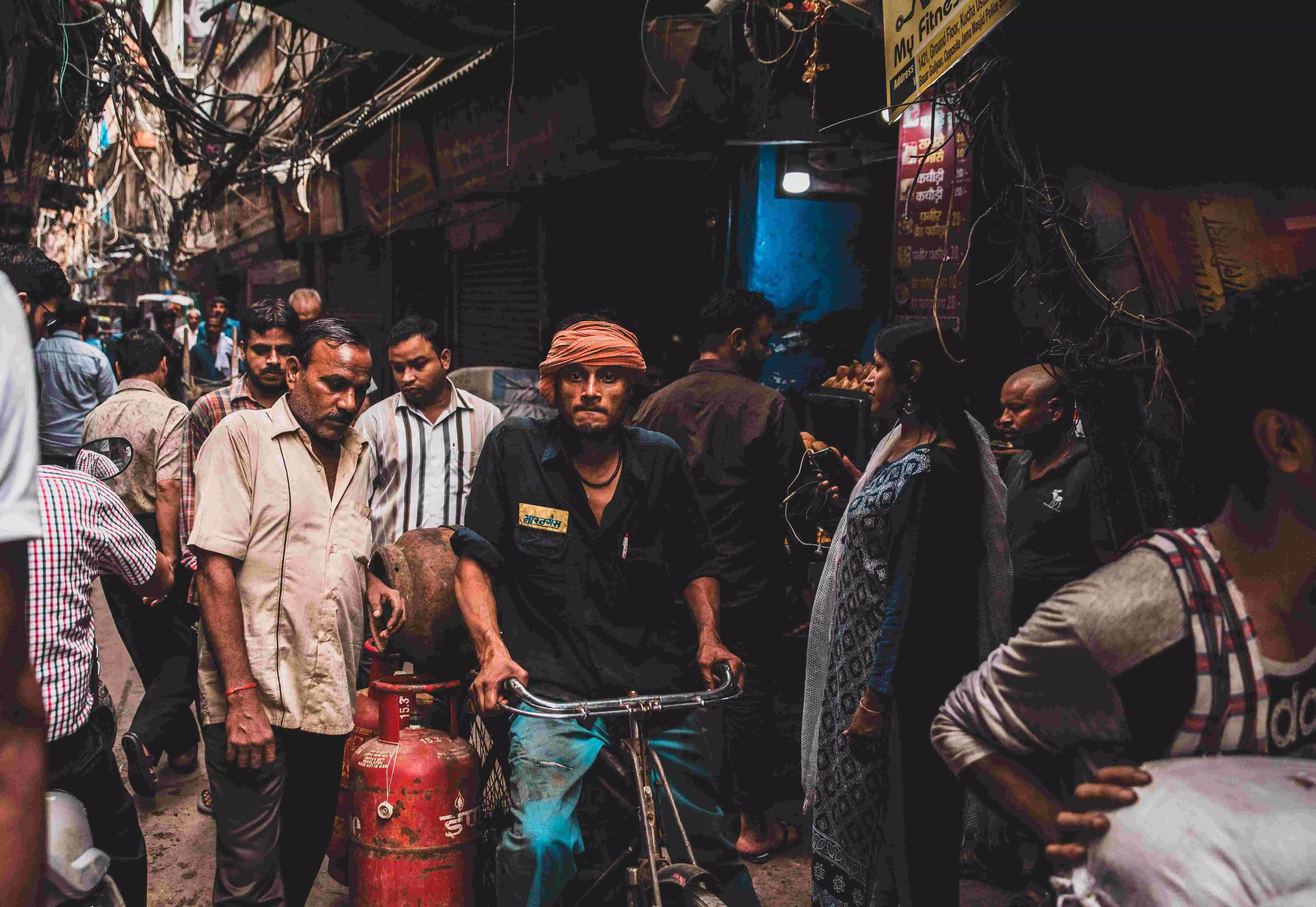Inadequate assessment?
UNDP’s report on multidimensional poverty fails to capture the impact of the pandemic and societal complexities; write Abhinav Mehrotra & Biswanath Gupta

The United Nations Development Programme (UNDP), a specialised agency of the United Nations responsible for helping countries eliminate poverty and achieve sustainable economic growth and human development, has published a detailed report regarding multidimensional poverty. This report indicates that, in the last 15 years, India has lifted 415 million (41.5 crore) people from poverty. Along with India, other 21 countries such as Cambodia, China, Congo, Honduras, Indonesia, Morocco, Serbia, and Vietnam, too, achieved such distinction. This report is prepared by Oxford University experts with the help of UNDP. The time span for the preparation of the report is from 2006 to 2019. As per the report, compared to 55.1 per cent in 2005-06, the poverty level decreased to 16.4 per cent in 2019-21. However, the question remains about its utility, especially because the period of the pandemic from 2020 has not been reflected in these findings. The absence of data pertaining to the pandemic raises questions about the entire study's validity. The pandemic profoundly affected the lives of local residents, particularly in essential areas like education and healthcare, exacerbating employment scarcity, as the world found itself struggling to control the disease that resulted in significant loss of life and immense economic setbacks.
Contents of the report
Through this report, the dimensions that are taken note of include life expectancy, educational attainment, living standards, lack of income, disempowerment, poor quality of working conditions, and the threat of violence. These measures are seen as a way of understanding the many facets of poverty, and the ways they interact and overlap. It encompasses the challenges, barriers, issues, and adversities that people who experience poverty face in their daily lives.
Differences in societies
What needs to be understood is that in some societies, the poor suffer more from multiple deprivations than in other societies where multidimensional deprivations could be more equally spread across the population. In this light, the difficulties with reference to the MPI could be seen in the ambiguous language used by MPI in assessing the well-being of the populations residing in the countries being assessed.
Looking at our neighbour
From a comparative angle, looking at our neighbour China, the report states that China has also done well on factors including life expectancy, educational attainment, living standards, lack of income, disempowerment, poor quality of work, and the threat of violence. However, as reflected above, does the MPI cater to the concerns of individuals from the Uighurs community whose rights have been allegedly violated in Xinjiang? In 2018, the UN reported that millions out of the 12 million Uyghurs, mostly Muslims, living in Xinjiang Uyghur Autonomous Region (XUAR), were being detained in counter-extremism camps. Several UN reports had alleged that China is guilty of committing genocide as defined by international convention as the "intent to destroy, in whole or in part, a national, ethnical, racial or religious group". At the same time, there have been reports alleging that the Uyghur women have also been forcibly sterilised to suppress the population, separating children from their families, and attempting to break the cultural traditions of the group.
What needs to be done?
The core of the issue is whether all such indices ensure the human security of each and every individual residing in the countries being evaluated. The term human security is a much more open concept, it encompasses policy, planning, and strategy, and relates to all kinds of issues that people experience. This term was first coined in the 1994 Human Development Report where it was defined as being freedom from fear and want. The seven such categories of threat include political, personal, food, health, environmental, economic, and security concerns. Thus, the reliance on the state is something that human security rejects and espouses to include non-state actors and individual human beings that have a significant role to play.
Abhinav Mehrotra and Biswanath Gupta are Assistant Professors at OP Jindal Global University. Views expressed are personal




